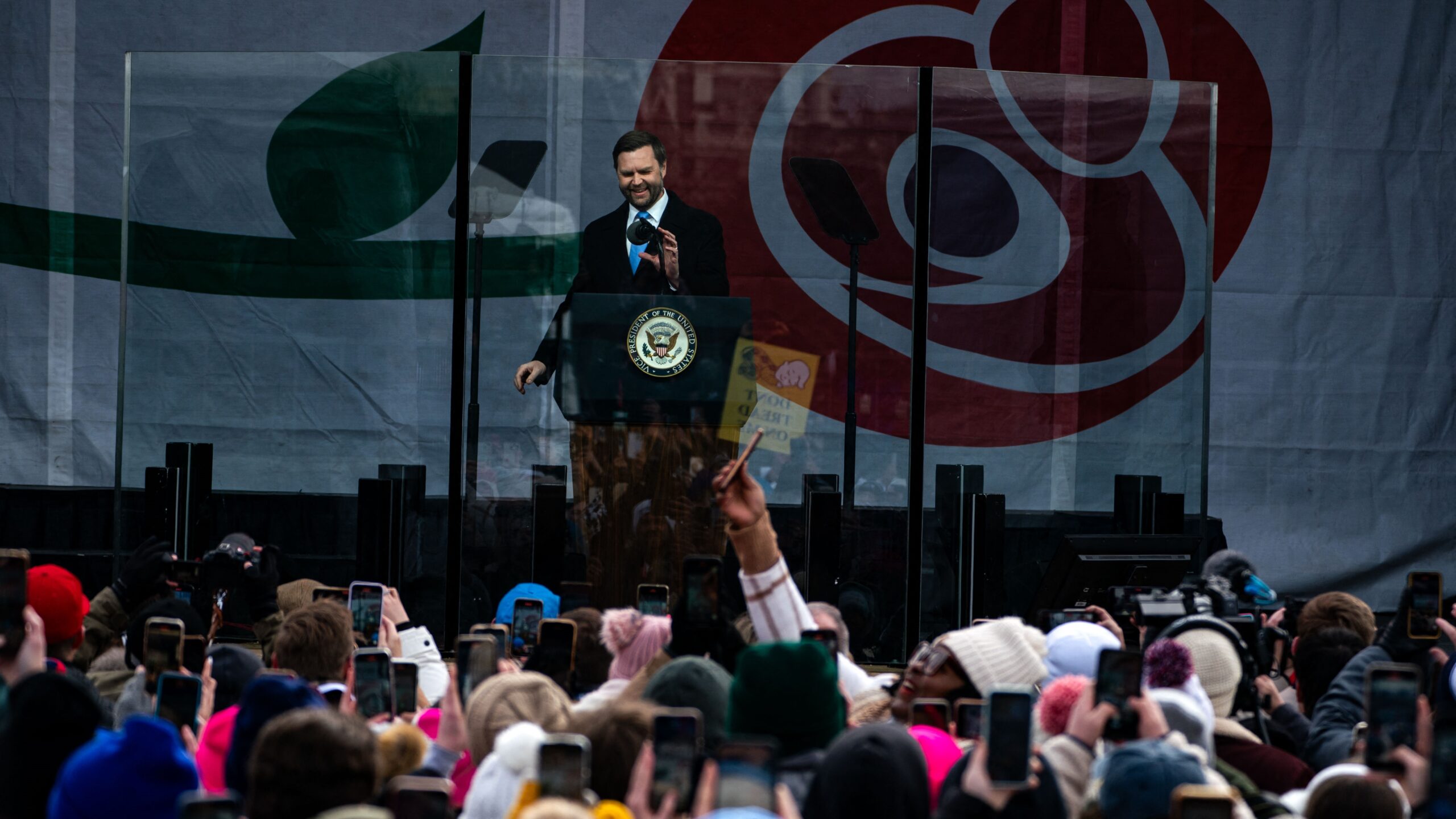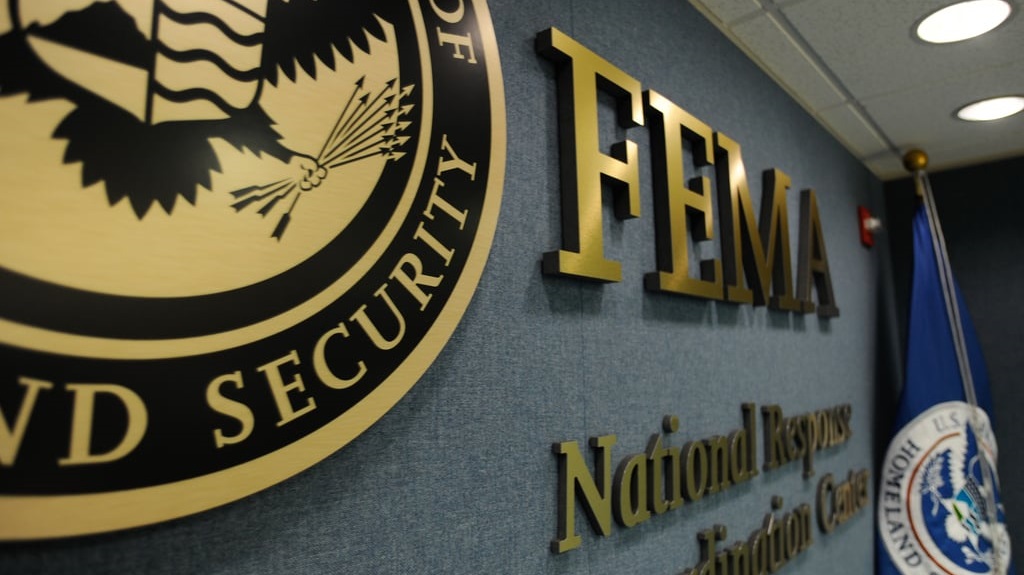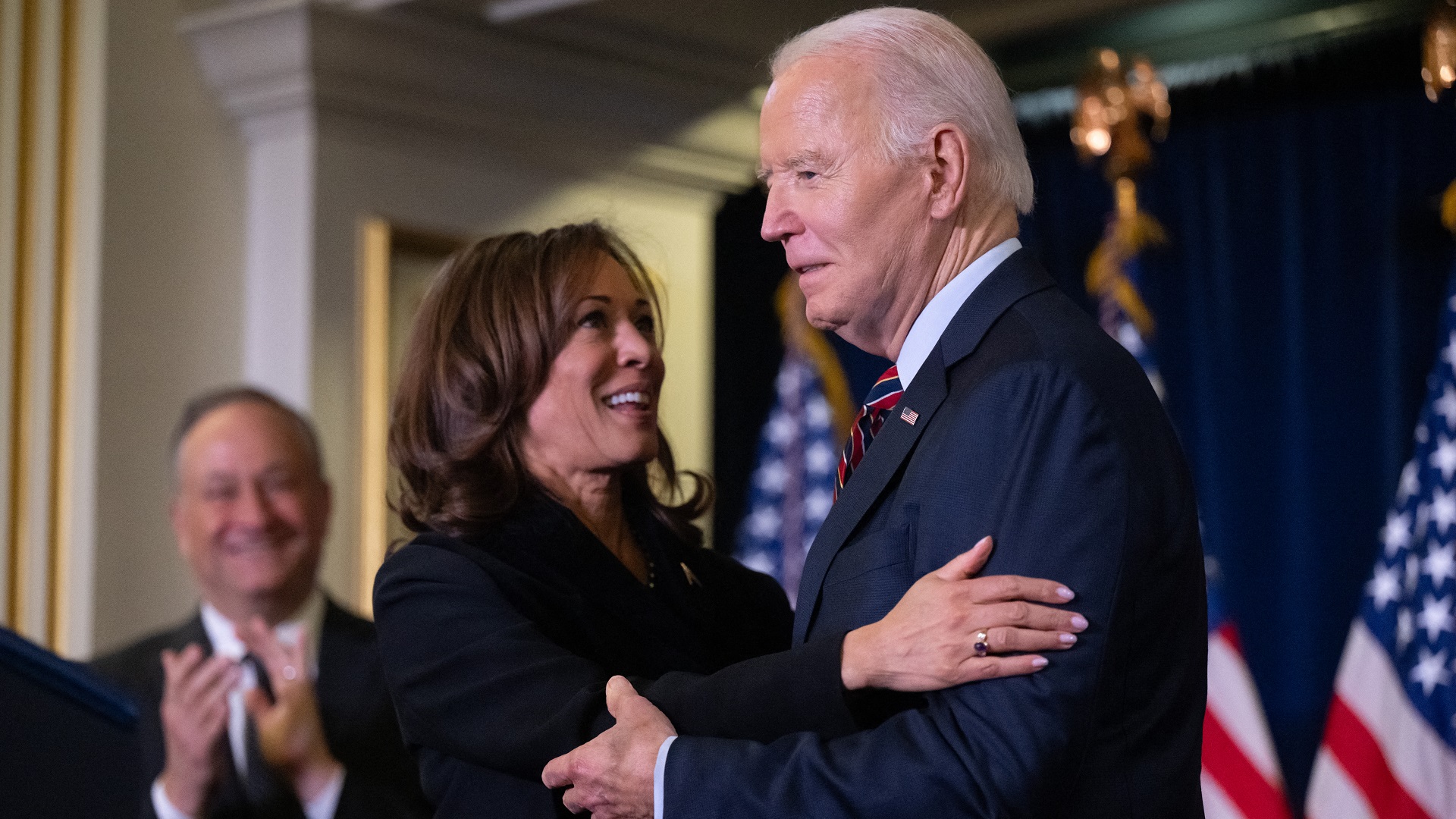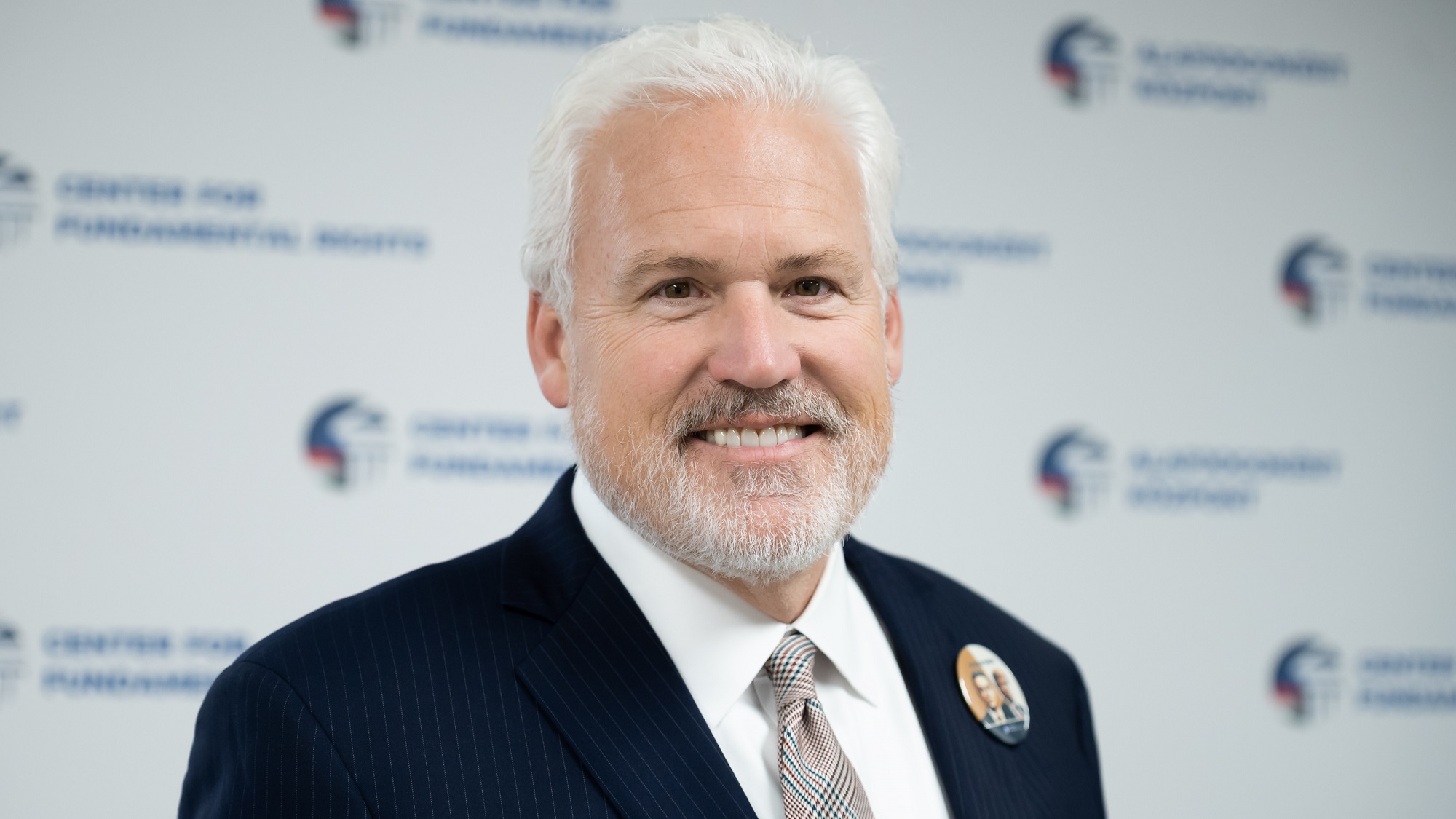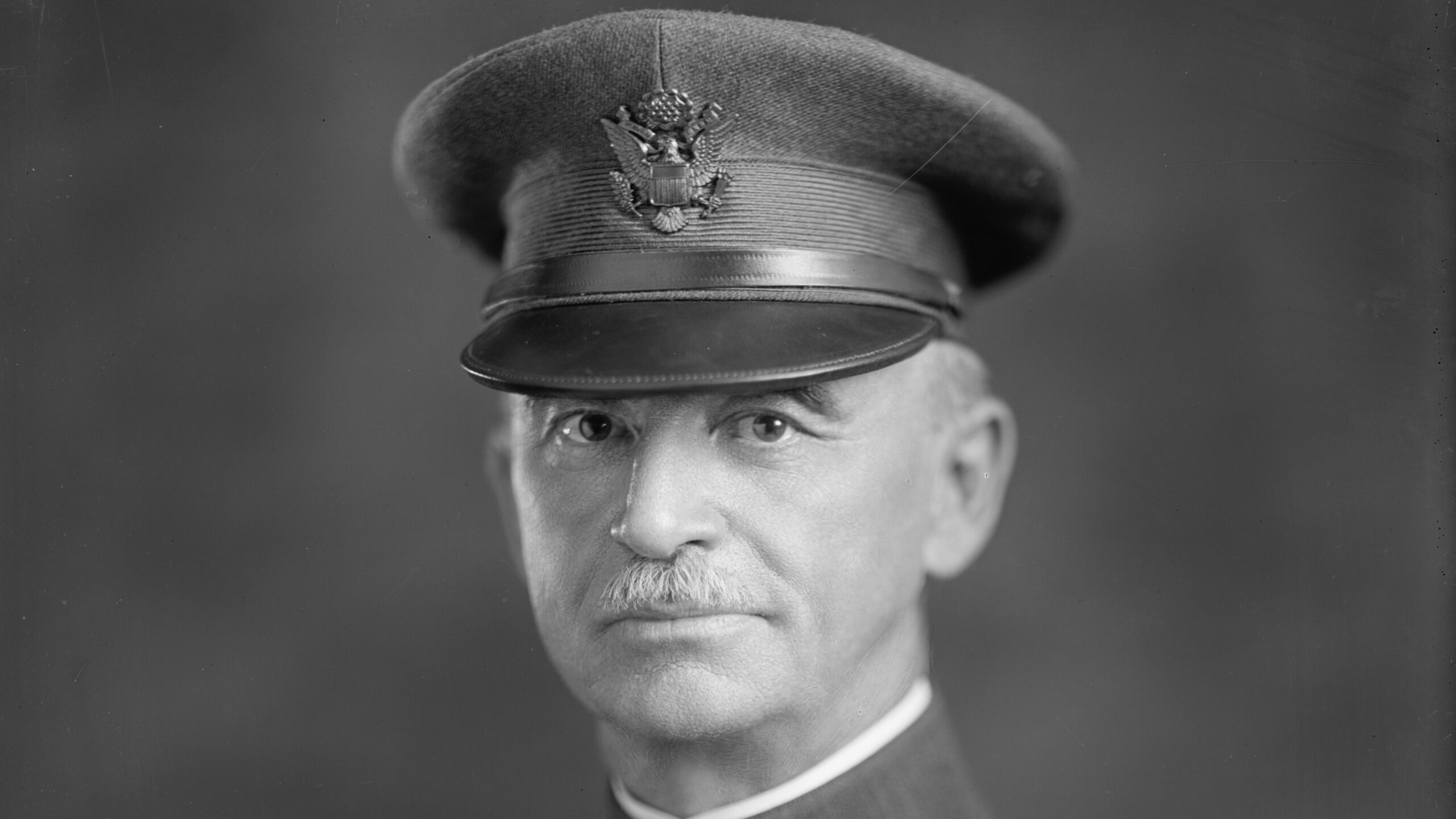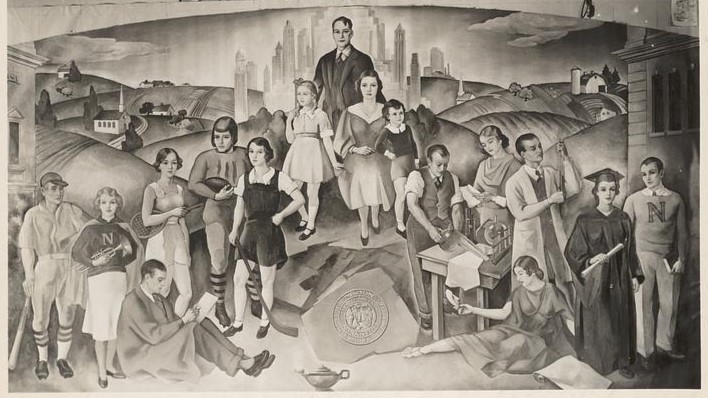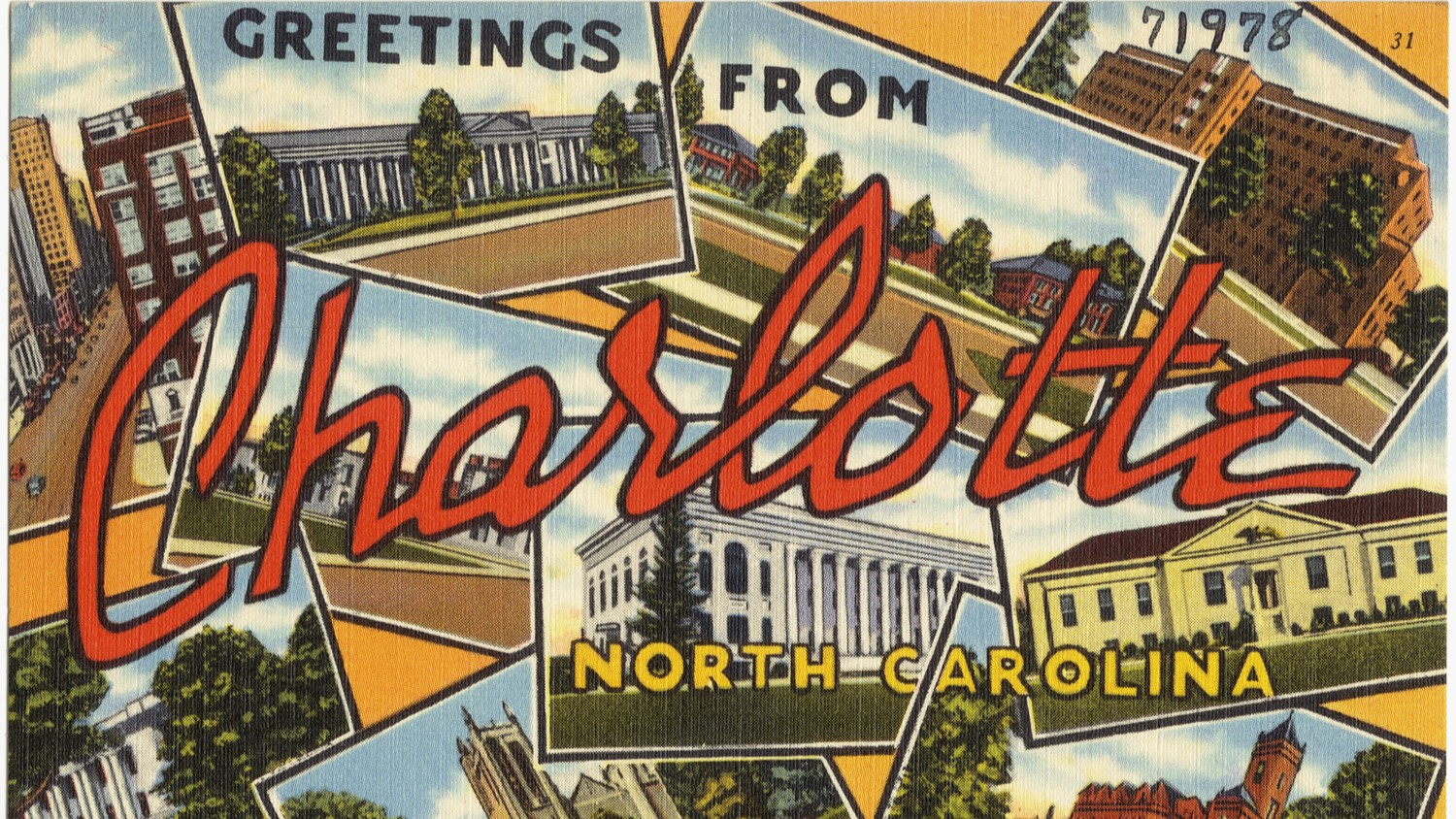
Who Needs Captain America? China’s Ne Zha 2 Smashes Records, Trails Avatar
Chinese animated film Ne Zha 2 has just become the highest-grossing animated movie in history, aiming to surpass James Cameron’s Avatar as the most successful film of all time. With stunning visuals and a narrative deeply rooted in Chinese mythology and philosophy, Ne Zha 2 has also emerged as a symbol of patriotism and national pride—at the expense of Captain America.

